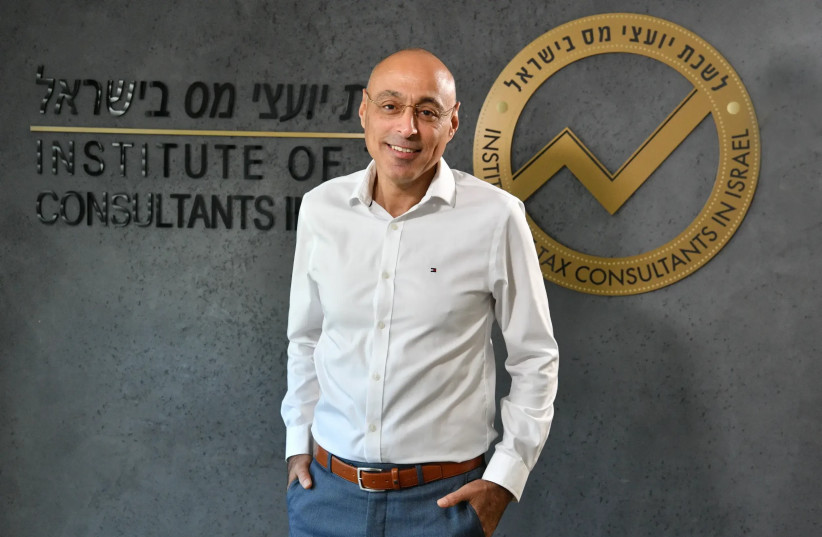"Halat," the Hebrew term for unpaid leave, is one of the fastest-growing Israeli search terms on Google since the outbreak of the war with Hamas, and for good reason.
According to National Insurance data, nearly 134,000 workers have been placed on involuntary unpaid leave since the war began, with 16,000 forced into unpaid leave in December alone. These staggering numbers, coupled with the lack of legislation to extend economic relief until December, further fuel uncertainty and helplessness among the public.
In light of the increasing number of people claiming unemployment benefits and leaving their jobs involuntarily, the question arises as to why the government refuses to adopt a "flexible labor force" model, often referred to as the "German model" during the COVID-19 pandemic. The nonprofit 121 conducted a test revealing that Israel could have saved NIS 147 million annually if only 20% of the total unemployed workers were engaged in flexible unemployment arrangements.
This model allows employees to continue working limited hours and part-time instead of going on unpaid leave. The employer pays the employee for the working hours, while the state and employer jointly compensate for the reduced hours. The primary aim is to maintain business continuity, preserve employee-employer relationships, and facilitate a swift labor market recovery post-crisis.
Roi Maor, 121 director of policy development, notes that 123,000 new jobseekers registered with the employment service in November alone. Since the war's onset, a total of 200,000 jobseekers have been added. Even if only 20% of them were employed part-time, the state could have saved NIS 147 million.
Why does Israel assume everyone will commit fraud?
Yaron Gindi, president of the Institute of Tax Consultants, believes the 121 estimate of 20% adopting the flexible employment model is conservative. He explained that the majority of employers in Israel would choose it, especially during ceasefire periods when sudden orders require immediate production.

Gindi emphasized the advantages of partial payment by employers, maintaining employee-employer relationships, and uninterrupted production. He suggests that state savings could be triple or quadruple the NIS 147 million annually projected by the test.
While the benefits of the model seem evident, the state's reluctance stems from long-standing paranoia that independent business owners will exploit loopholes to defraud the country, harming the economy. This fear arises from the fact that the state can only compensate employees for hours not worked based on complete information regarding their working hours before and during the crisis. Since this information is not available through National Insurance but relies on employer affidavits, there is concern about false declarations and potential fraud at a time when every penny counts.
But the state's underlying assumption that everyone is fraudulent hampers the economy, Gindi said. Implementing a technical solution, such as registering working hours with National Insurance through pay slips, would alleviate these concerns.
Gindi argued that the majority of employers, who prioritize production and integrity, would willingly adopt such measures and that the state's risk management policy needs an immediate change to avoid penalizing everyone due to the actions of a mere 2% of fraudsters.
